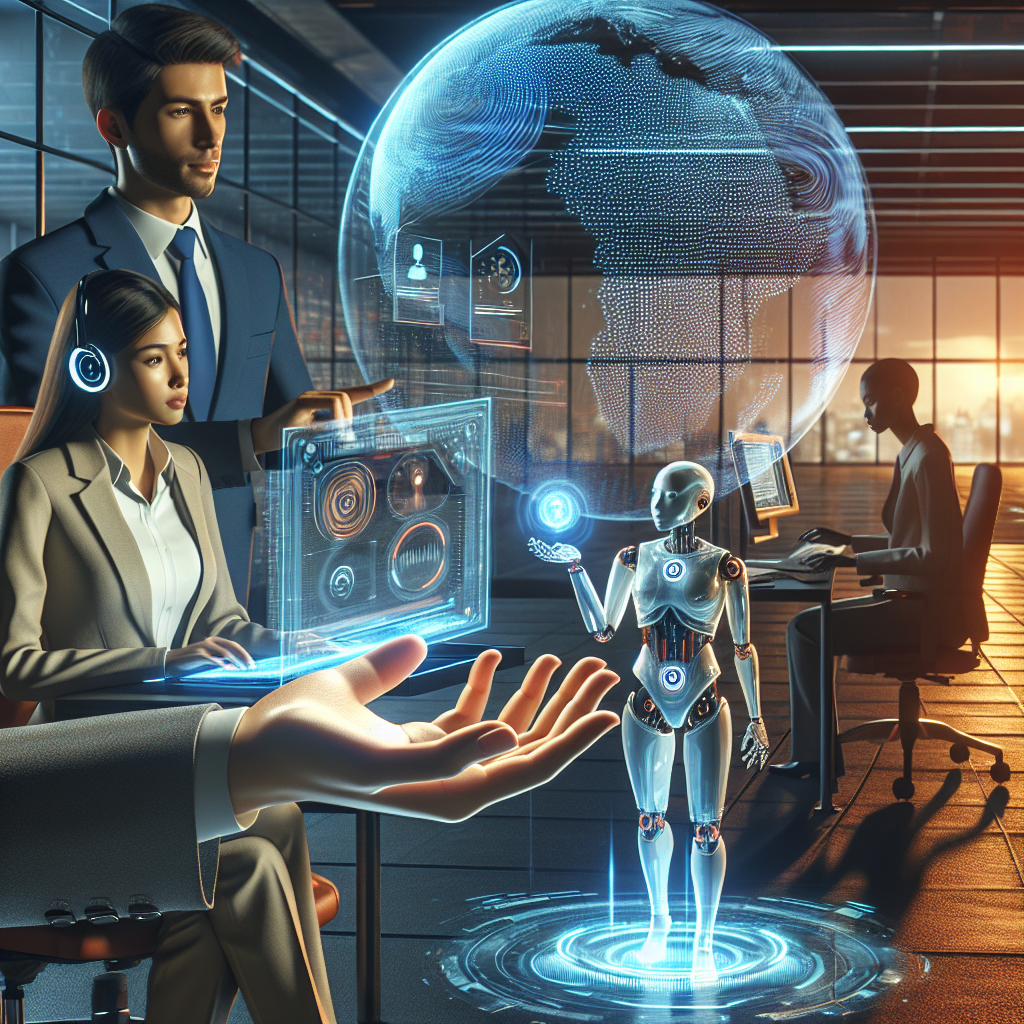AGI and the Future of Work: What to Expect
Artificial General Intelligence (AGI) is a term that refers to a type of artificial intelligence that possesses the ability to learn and understand any intellectual task that a human can. Unlike narrow AI, which is designed for specific tasks, AGI is meant to mimic human intelligence across a wide range of domains. As AGI continues to advance, many are left wondering what the future of work will look like in a world where machines can perform tasks as well as, if not better than, humans. In this article, we will explore the implications of AGI on the future of work and what we can expect in the coming years.
The Rise of AGI
The development of AGI has been a topic of interest for many years, with researchers and scientists working tirelessly to create machines that can think and reason like humans. While we have made significant progress in the field of artificial intelligence, true AGI still remains elusive. However, with advancements in deep learning, neural networks, and other AI technologies, we are getting closer to achieving this goal.
One of the main reasons why AGI is so important is its potential to revolutionize the way we work. With machines that can think and learn on their own, tasks that were once considered too complex or time-consuming for automation can now be performed by AI systems. This has the potential to greatly increase efficiency and productivity in a wide range of industries.
Implications for the Future of Work
The rise of AGI will undoubtedly have a profound impact on the future of work. As machines become more intelligent and capable of performing a wider range of tasks, many jobs that are currently done by humans could be automated. This raises concerns about the displacement of workers and the potential for widespread unemployment. However, it is important to note that while some jobs may be eliminated, new opportunities will also be created as a result of AGI.
One of the key implications of AGI on the future of work is the need for workers to adapt and acquire new skills. As machines take over routine and repetitive tasks, humans will need to focus on tasks that require creativity, critical thinking, and emotional intelligence – skills that are difficult for machines to replicate. This will require workers to undergo training and education to stay relevant in a rapidly changing job market.
Another implication of AGI on the future of work is the potential for increased collaboration between humans and machines. As AI systems become more intelligent, they will be able to work alongside humans in a variety of roles, complementing their skills and abilities. This has the potential to greatly enhance productivity and innovation in the workplace.
FAQs
Q: Will AGI replace all human workers?
A: While AGI has the potential to automate many tasks currently done by humans, it is unlikely that it will completely replace all human workers. There will always be tasks that require human creativity, intuition, and emotional intelligence – skills that are difficult for machines to replicate.
Q: How can workers prepare for the rise of AGI?
A: Workers can prepare for the rise of AGI by acquiring new skills that are in demand in a rapidly changing job market. This may include skills such as critical thinking, problem-solving, and emotional intelligence. Additionally, workers should stay informed about advancements in AI and be willing to adapt to new technologies.
Q: What industries will be most affected by the rise of AGI?
A: Industries that rely heavily on routine and repetitive tasks are likely to be most affected by the rise of AGI. This includes industries such as manufacturing, transportation, and customer service. However, other industries may also see significant changes as a result of AGI, including healthcare, finance, and education.
In conclusion, the rise of AGI has the potential to revolutionize the way we work in the coming years. While there are concerns about the displacement of workers and the potential for job loss, there are also opportunities for increased collaboration between humans and machines and the creation of new job roles. As we continue to advance in the field of artificial intelligence, it is important for workers to adapt and acquire new skills to stay relevant in a rapidly changing job market.

